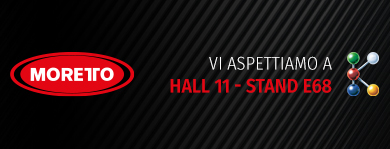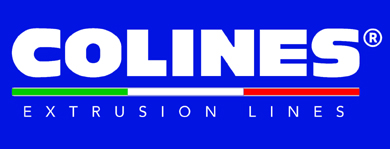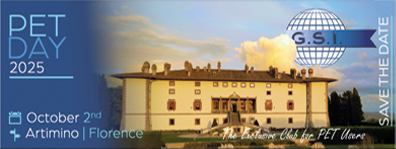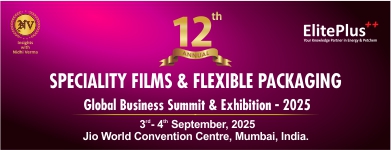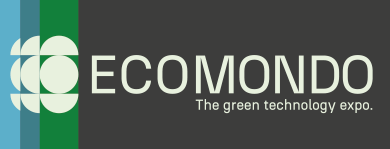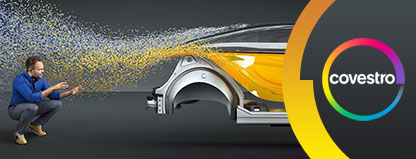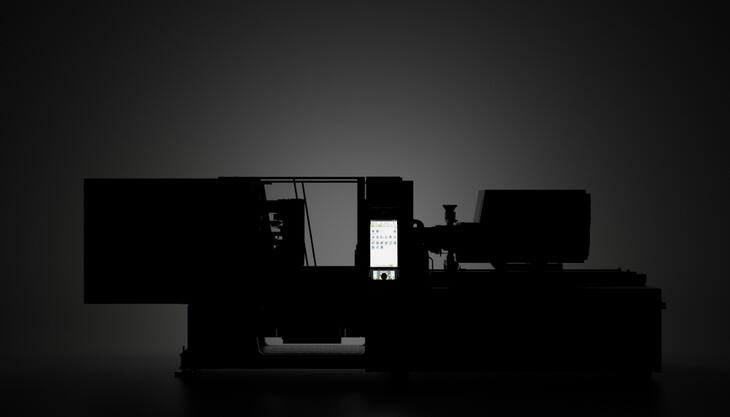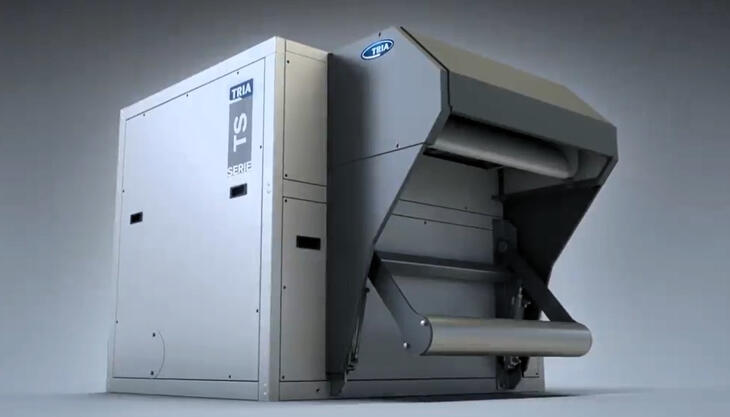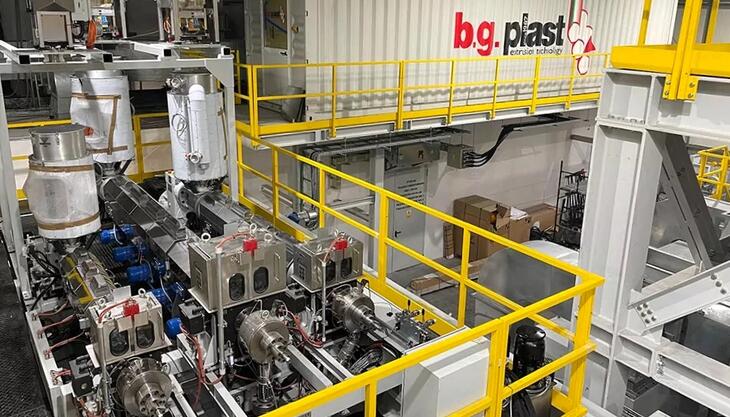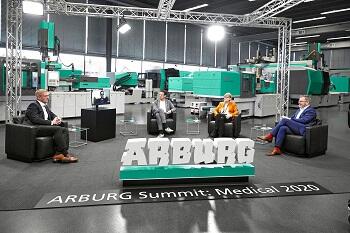
Anyone seeking to get one step ahead and sniff out trends in medical technology, made a point of attending the Arburg Summit: Medical 2020 on November 19. Thanks to the digital format of this summit meeting, twice as many guests were able to attend as were at the comparable, physical event in the previous year. More than 400 participants from more than 40 countries were there to inform themselves about current developments, innovative applications and visions, and to exchange views at the highest level with many medical technology experts. The twelve lectures focusing on "Solutions", "Innovations" and "Visions" were accompanied by a high-calibre panel discussion. This special event was enhanced yet further by interactive breakout sessions with expert discussions and live presentations of exhibits in the Customer Center in Lossburg.
A particular high point of the event came with the keynote speech delivered by Marc Kraft, Head of Department Medical Technology at the Technical University Berlin and Chair of VDI's "Technologies of Life Sciences" association. On the basis of a few examples, he highlighted current trends in medical technology that are set to continue in the coming decades, laying the bedrock for the ensuing panel discussion. In this context, Ute Schäfer (University of Graz), Andreas Herold (B. Braun), Niklas Kuczaty (VDMA Working Group Medical Technology) and Gerhard Böhm (Arburg) discussed the topic of "Medical technology - challenges and prospects for 2050". Everyone agreed that, by 2050, technology-driven companies would have a clear advantage. By then of course, many products would no longer come from factories but would instead be manufactured individually and close to the patient, e.g. directly in the hospital or even in the operating theatre. Nonetheless, quality would remain Job One. "We perceive a megatrend in the field of Additive Manufacturing and also a rise in the significance of digitalisation and sustainability", acknowledged Gerhard Böhm. "These are all topics that we are also intensively preoccupied with. Arburg is therefore very well prepared for a future in which plastic will remain a valuable material that is important to life."
Earlier in the summit, four concurrent panel sessions were held, each containing three lectures on "Solutions", "Innovations" and "Visions" - there really was something for everyone. The topics ranged from concepts for the production of LSR injection moulded parts and microfluidic systems to the challenges faced by the healthcare industry, details of the Medical Device Regulation (MDR) and digital methods for integrated parts documentation, as well as application examples of innovative high-performance tools and the additive manufacturing of customised implants. Many participants used this opportunity to ask their questions during the event using the chat feature.
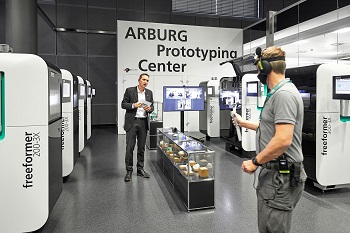 The Arburg Summit: Medical 2020 was rounded off with three "Live Breakout Boxes". Here, topics such as cleanroom, LSR processing and additive production could be discussed, with two Arburg experts in attendance for each topic. In addition, they were accompanied to the exhibits by camera teams to present the applications live. Things to see included the production of LSR masks on an electric Allrounder 570 A. At the beginning of the coronavirus pandemic, Arburg and its partners got this project off the ground in record time and developed the face coverings themselves. A stainless steel version of the electric Allrounder 370 A was used to show how clean-room technology can manufacture mass products such as needle holders for insulin pens. And lastly, a Freeformer 300-3X was used to demonstrate the additive manufacturing of absorbable implants.
The Arburg Summit: Medical 2020 was rounded off with three "Live Breakout Boxes". Here, topics such as cleanroom, LSR processing and additive production could be discussed, with two Arburg experts in attendance for each topic. In addition, they were accompanied to the exhibits by camera teams to present the applications live. Things to see included the production of LSR masks on an electric Allrounder 570 A. At the beginning of the coronavirus pandemic, Arburg and its partners got this project off the ground in record time and developed the face coverings themselves. A stainless steel version of the electric Allrounder 370 A was used to show how clean-room technology can manufacture mass products such as needle holders for insulin pens. And lastly, a Freeformer 300-3X was used to demonstrate the additive manufacturing of absorbable implants.





